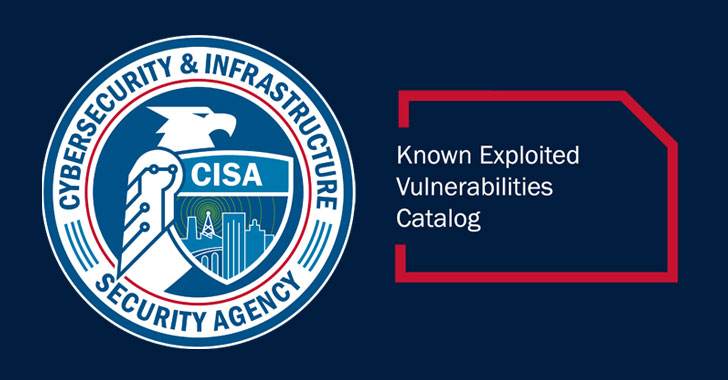The U.S. Cybersecurity and Infrastructure Security Agency has added a batch of six flaws to its Known Exploited Vulnerabilities (KEV) catalog, citing evidence of active exploitation.
This comprises three vulnerabilities that Apple patched this week (CVE-2023-32434, CVE-2023-32435, and CVE-2023-32439), two flaws in VMware (CVE-2023-20867 and CVE-2023-20887), and one shortcoming impacting Zyxel devices (CVE-2023-27992).
CVE-2023-32434 and CVE-2023-32435, both of which allow code execution, are said to have been exploited as zero-days to deploy spyware as part of a years-long cyber espionage campaign that commenced in 2019.
Dubbed Operation Triangulation, the activity culminates in the deployment of TriangleDB that’s designed to harvest a wide range of information from compromised devices, such as creating, modifying, removing, and stealing files, listing and terminating processes, gathering credentials from iCloud Keychain, and tracking a user’s location.
The attack chain begins with the targeted victim receiving an iMessage with an attachment that automatically triggers the execution of the payload without requiring any interaction, making it a zero-click exploit.
“The malicious message is malformed and does not trigger any alerts or notifications for [the] user,” Kaspersky noted in its initial report.
CVE-2023-32434 and CVE-2023-32435 are two of many vulnerabilities in iOS that have been abused in the espionage attack. One among them is CVE-2022-46690, a high-severity out-of-bounds write issue in IOMobileFrameBuffer that could be weaponized by a rogue app to execute arbitrary code with kernel privileges.
The weakness was remediated by Apple with improved input validation in December 2022.
Kaspersky flagged TriangleDB as containing unused features referencing macOS as well as permissions seeking access to the device’s microphone, camera, and the address book that it said could be leveraged at a future date.
The Russian cybersecurity company’s investigation into Operation Triangulation began at the start of the year when it detected the compromise in its own enterprise network.
In light of active exploitation, Federal Civilian Executive Branch (FCEB) agencies are recommended to apply vendor-provided patches to secure their networks against potential threats.
The development comes as CISA issued an alert warning of three bugs in the Berkeley Internet Name Domain (BIND) 9 Domain Name System (DNS) software suite that could pave the way for a denial-of-service (DoS) condition.
The flaws – CVE-2023-2828, CVE-2023-2829, and CVE-2023-2911 (CVSS scores: 7.5) – could be exploited remotely, resulting in the unexpected termination of the named BIND9 service or exhaustion of all available memory on the host running named, leading to DoS.
This is the second time in less than six months that the Internet Systems Consortium (ISC) has released patches to resolve similar issues in BIND9 that could cause DoS and system failures.









